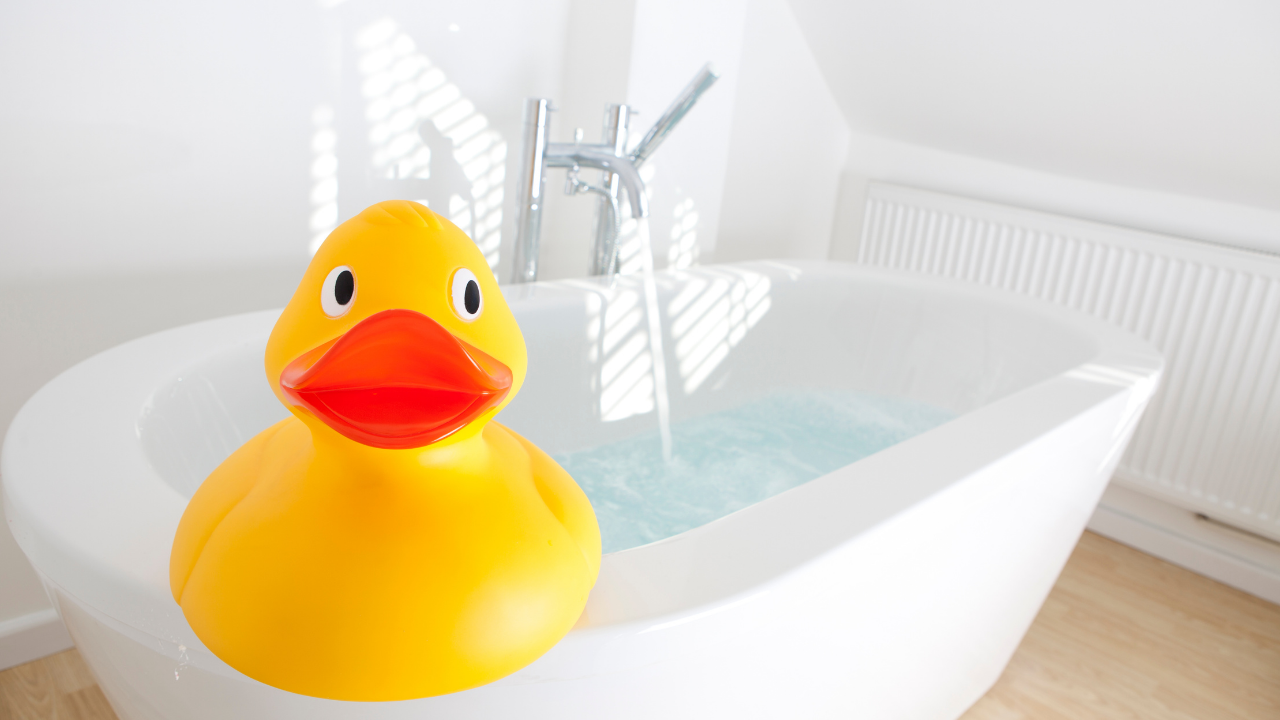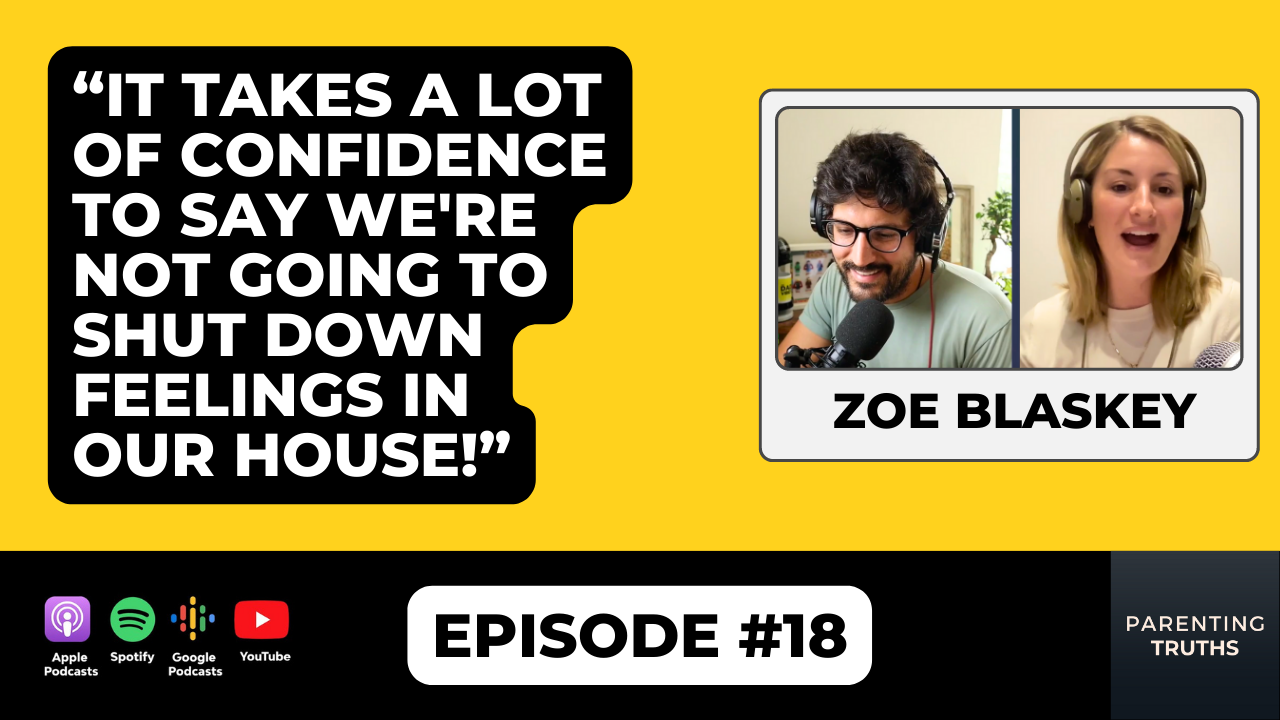Bathtime negotiations
Mar 18, 2022
On the whole, bathtime is an enjoyable experience, it hasn’t always been this way, we’ve had our challenging phases over the years for sure. This particular bathtime was going just fine (our little one was 3.5yo at the time), he was playing with his toys, splashing around, and generally loving life. He then decides to turn on the taps and fill the bath a little more. Ok, no big deal, we can warm up the bath a little, I won’t intervene just yet. As the water fills the bath I ask him to turn them off, a simple request one would assume.
“NO!”
I try again, “Can we please turn off the taps now?”
“I don’t want to!”
As parents, you’ll be well aware that sometimes things run smoothly, and sometimes, well, they don’t. We’re often thrown into a power struggle out of nowhere and it can be challenging, especially when a simple task like turning off a tap (so the house doesn’t flood ) can potentially become a huge ordeal.
I’m sure some people are reading this thinking, what a pointless post, how pathetic, just turn off the damn tap and let your kid deal with it. And well, I get that viewpoint, but it’s certainly more rewarding (for everyone) when we can navigate these situations by having our little ones cooperate, instead of demanding blind obedience. Anyway, the tap is still running so time is of the essence, back to the story.
My questions weren’t working so I decide to throw my 3yo a clear and concise statement, something he couldn’t argue with.
Often I find it’s these clear statements that work best, mainly because they remove the option of a power struggle. So I went with:
“Luca, the bath is filling up, when the water gets to the top it’ll overflow, like that scene from Paddington Bear, remember? So if you turn off the tap the bathroom won’t flood. If you can’t turn off the tap, then daddy will turn it off for you.”
A strong statement with some Paddington Bear-related context. Ok, so on this occasion it work, our little one turned off the tap. Winner. I’ve posted on IG long enough to anticipate the questions that follow my posts, so, “what if he still refused to turn off the tap, what would you do then?”
So at 3.5, he was able to make sense of the natural consequence I mentioned, if the tap doesn’t go off then the bath will overflow, he was able to fight the urge to keep the tap running and make a rational decision. But if he continued to refuse, well, this is where the hard work begins. Of course, I would have followed through and turned off the tap myself, chances are he wouldn’t have been happy with that, and it probably would have been the start of a very challenging moment.
One thing that helps me when these challenging moments occur is to anticipate them.
When I said “If you can’t turn off the tap, then daddy will turn it off for you” I know at the age of 3, a certain percentage of the time he’s going to listen to me, but a certain percentage of the time the power struggle will continue, that’s when I’m going to have to set and hold the boundary, and that’s also when a huge teaching moment occurs.
So let’s say he refused to turn off the tap, I turn it off and a huge emotional outburst starts. There’s no getting away from it, these moments are tough, something I’m sure none of us welcome as parents. But it’s in these moments our children learn. They learn that actions have consequences, they learn about emotional regulation, but they are also opportunities to teach our children all about their feelings and emotions.
To capture these opportunities and respond rationally, one thing that helps me is to not take my little one's behaviour and actions personally.
Appreciating it’s all part and parcel of growing up does help me. I’m not saying it’ll work for you, but this has been a game-changer. Another thing that has helped me in these moments is appreciating I can set a boundary, but it’s ok for my little one to be unhappy about it. This has been another game-changer for me, as it opens the door to talk about feelings and emotions.
As parents, it’s easy to be around our little ones when they’re happy, but can be tough when they’re angry, upset and frustrated. But for them to learn to navigate and regulate this anger, upset and frustration, we need to help them. Naming the emotions, modelling how we deal with them, letting them know it’s ok to feel these things, but at the same time, setting the boundary and talking to them about appropriate behaviour.
Anyway, I hope this post has helped you in some way. Who knew I could write almost 1,000 words about turning off a tap.



